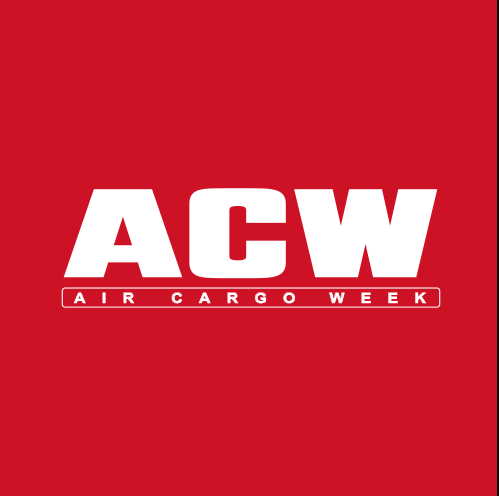
Air Cargo Week
Magazine
60 SECONDS WITH MDG CONSULTING’S MARCO DEL GIUDICE
Air cargo’s share in the transportation of pharma has shrunk due to lack of standardisation, compliance and accountability across the supply chain.
The IATA CEIV Pharma program was established to counter this. MDG Consulting managing director, Marco Del Giudice is an expert in GDP guidelines has carried out a number of the audits for IATA and spoke to Air Cargo Week about how the program has developed.
ACW: How did you get involved in the IATA CEIV programme?
Del Giudice: I got involved IATA CEIV program in 2014. At that time I was involved as a private consultant with my company MDG Consulting in the ‘Pharma Program’ of Bcube for the airports of Milan and Rome. IATA approached me and asked me to make the training of them in order to become independent validator, and I accepted.
ACW: Why was IATA CEIV set up, and what role did you play in setting it up?
Del Giudice: IATA CEIV was born due to the fact that the pharmaceutical industry was using airfreight less and less as a shipping method. The cause was that they couldn’t rely any more on the ground handling and the airport activities. There were major temperature excursions happening at that time in airport handling. IATA reacted by issuing the special certification in order to raise the quality bar in the airfreight industry in order to show to the pharma industry that airports are not a “black hole” any more. I was involved as the third independent validator contributing together with my colleagues (the other independent validators) to improve the program with our expertise.
ACW: What is involved in the process of a company gaining IATA CEIV certification?
Del Giudice: All sectors of the company are involved in the certification process. The quality management system, the personnel and the training sector. All the operations, transportations and the Infrastructures and their organisation are checked from us and are involved in the detailed gap analysis that we do during the process.
ACW: As a senior validator, what is your role when certifying companies?
Del Giudice: I have the same role as the other independent validators. In a certification process we need to check with the four eye principle many aspects of the company that wants to be certified. We are not all involved in each certification, but in each
certification process at least two independent validators are involved.
ACW: How can undergoing IATA CEIV help companies?
Del Giudice: The IATA CEIV certification is impacting all the companies and it helps them significantly to restructure their organisation for the pharma industries’ needs. They start to Speak the same language using tools like “Risk analysis, CAPA Systems, NC reports, mapping procedures etc”.
ACW: Are you happy with the way the air cargo industry has embraced IATA CEIV?
Del Giudice: Yes I am very proud and happy to see how the industry is moving. A lot of work was done and a lot needs to be done in future, the certification process is not simple piece of paper on the wall but needs to be worked out day by day. After three years in the re-certification will be another step further to improve quality. It is a never ending process.
ACW: Are pharmaceutical companies happy with IATA CEIV?
Del Giudice: The pharma Industry is very interested in this kind of certification because it gives them the chance to have an overview of the companies that are working in compliance to the GDP standards without checking them directly.
ACW: Do you see a time when having IATA CEIV certification is considered essential?
Del Giudice: It is becoming more and more “known” in the pharma industry and I can easily imagine that one day it will be an essential requirement in order to be a supplier for pharmaceutical shipments.
ACW: How do you see IATA CEIV further developing in the future?
Del Giudice: The process is moving rapidly forward and is also changing in regards to the experience that we as Independent Validators are collecting in the years. I can imagine that it will become more and more structured in the future.
